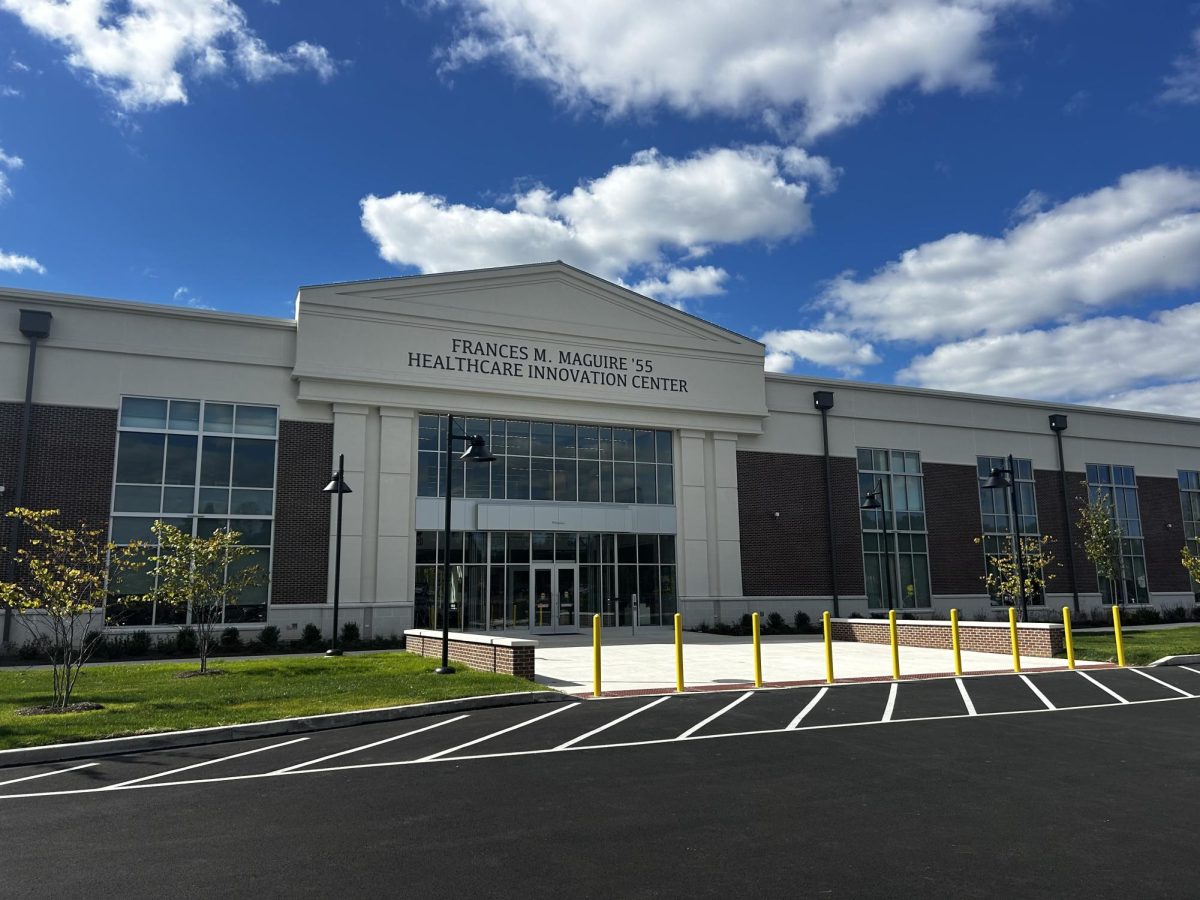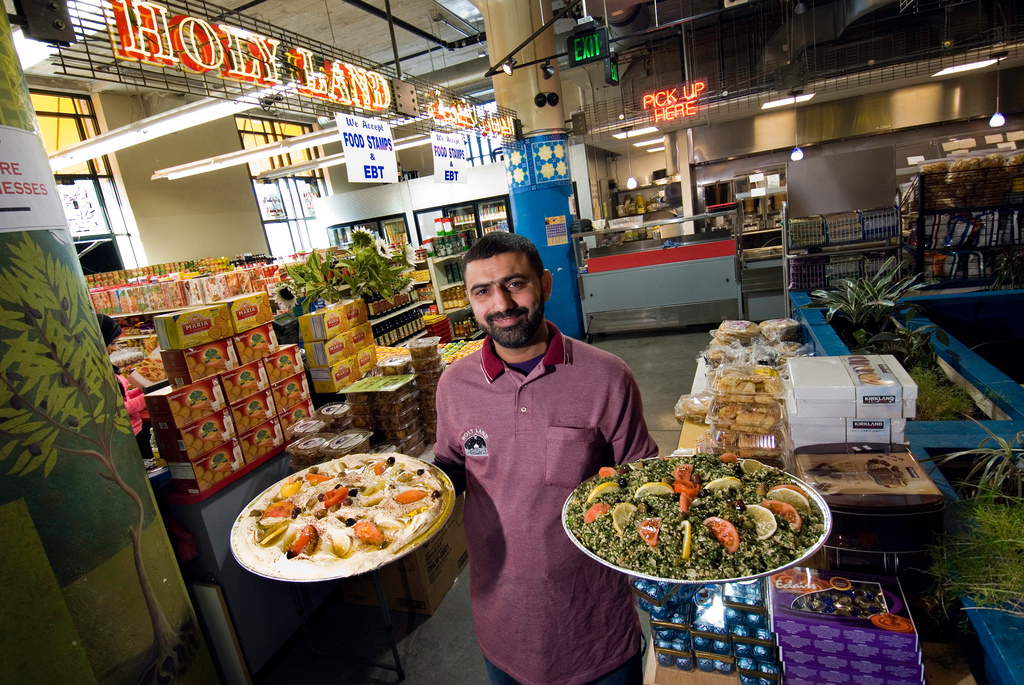Natural Spaces Nurture Our Bodies and Minds
Open green spaces in our communities provide many direct benefits to our lives. Access to nature has been shown to reduce many things such as stress, depression, and anxiety. The fresh air, sunshine, and physical activity make us happier and healthier. There is growing evidence to suggest that being in nature has positive effects on people’s mental health. Studies have shown that green spaces can lower levels of stress (Wells et al, 2003) and reduce rates of depression and anxiety, reduce cortisol levels (Park et al, 2010) and improve general well–being. Not only can a simple walk in nature boost your mood but also improve your cognitive function and memory (Berman et al, 2012). Green spaces can provide a buffer against the negative health impacts of stressful life events. A Dutch study showed that residents with a higher area of green spaces within a 3km radius had a better relationship with stressful life events (Van den Berg et al, 2010) which was soon to be increasingly important in recent years with the effects of COVID–19.
Parks also give kids plenty of room to play and explore, fostering creativity and imagination. They provide a sense of community, bringing people together through shared public space. But the benefits of open green spaces extend beyond just human enjoyment. These open areas provide incredible ecological especially when it comes to air quality.
Natures Free Air Filtration System
Along with enriching our lives, urban parks and natural areas provide vital air quality benefits to the ecosystem. Trees and vegetation act as natural filtration systems – their leaves absorb common air pollutants like ozone, nitrogen oxides, sulfur dioxide and particulate matter. These pollutants can negatively impact wildlife, waterways, and the broader environment. The large canopy surface area of trees and greenspaces maximizes pollutant removal from the air. Strategic planting in pollution hotspots creates an overall air–cleaning effect. Research shows that parks with diverse trees can capture significant amounts of lung–damaging particulates.
By filtering out these hazardous pollutants, urban green spaces and wooded areas literally help clear the air. This free ecosystem service makes our cities and towns more livable for both people and wildlife. Expanding protected natural spaces enhances air quality across the board. The air–purifying power of urban trees and vegetation demonstrates how vital our public parks and open spaces are for supporting a healthy environment. These natural areas provide services that technology simply can’t replicate. We must take care of our local greenspaces as both refuges for people and irreplicable pollution filters that foster clean air, and there are many ways to help.
Supporting Our Green Spaces through Nonprofits
Preserving and protecting our local green spaces is a collective responsibility, and one of the most effective ways to make a meaningful impact is by supporting nonprofit organizations dedicated to this cause. In Pennsylvania and nationwide, there are several reputable nonprofits that are actively working to conserve and enhance our natural areas.
1. Pennsylvania Parks and Forests Foundation (PPFF)
- Volunteer: PPFF often organizes volunteer events, such as clean–up days, tree planting initiatives, and trail maintenance projects. By offering your time and effort, you can directly contribute to the preservation of Pennsylvania’s parks and forests.
- Donate: Financial contributions to PPFF go a long way in supporting their conservation efforts. Your donations can help fund critical projects, educational programs, and advocacy for the protection of green spaces.
2. Greenpeace
- Advocate: Greenpeace is known for its powerful advocacy work on environmental issues worldwide. By getting involved with your local Greenpeace chapter or
supporting their campaigns, you can raise awareness and influence policy decisions that impact green spaces. - Join Local Initiatives: Greenpeace often collaborates with local communities to address environmental concerns. Participate in their initiatives, attend meetings,
and connect with like–minded individuals to make a difference at the grassroots level.
3. The Nature Conservancy
- Become a Member: Joining The Nature Conservancy as a member provides vital financial support for their conservation efforts. Your membership fees can help protect and restore natural areas across Pennsylvania and beyond.
- Explore Conservation Opportunities: The Nature Conservancy offers various programs and initiatives, such as land conservation and habitat restoration.
- Legacy Giving: Consider including The Nature Conservancy in your estate planning to leave a lasting legacy of conservation for future generations.
Our local parks and natural areas are invaluable community assets that enrich our lives while also supporting healthy ecosystems. As development threatens these precious green spaces, it’s on us as engaged citizens to stand up for our right to access nature. Get involved with conservation nonprofits, advocate for protective policies, volunteer your time, and utilize your local parks. Remember that vibrant green spaces are some of the wisest investments our communities can make in our shared future. If we work together to preserve these spaces, they will continue nourishing our minds, bodies, and spirits while fostering cleaner air and water for all life on our planet.
This article/video/content is part of an ongoing series exploring the GMercyU critical concern of Earth. Student–created content focuses on green spaces and their importance to communities in the Philadelphia region. Check back for additional pieces and conversations with regional leaders active in environment and sustainability.












